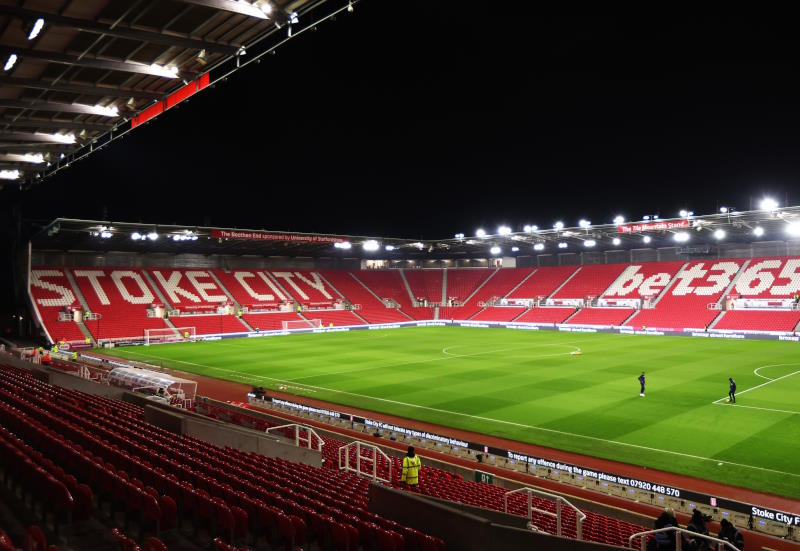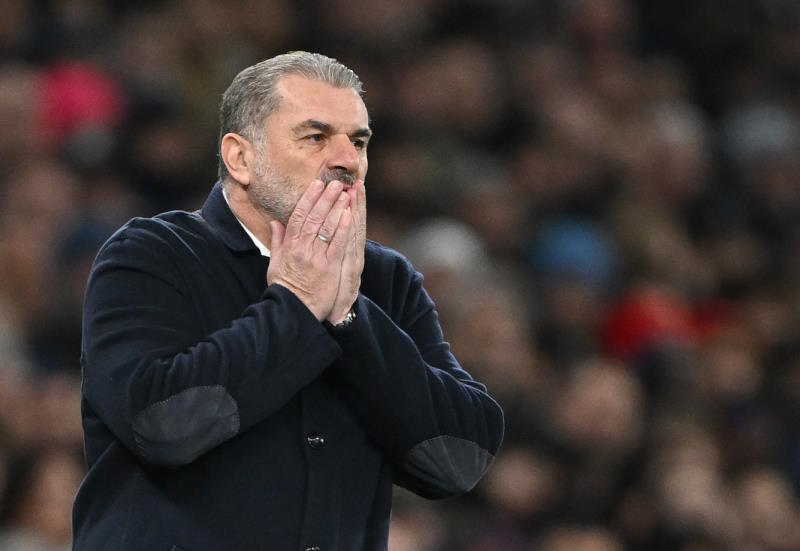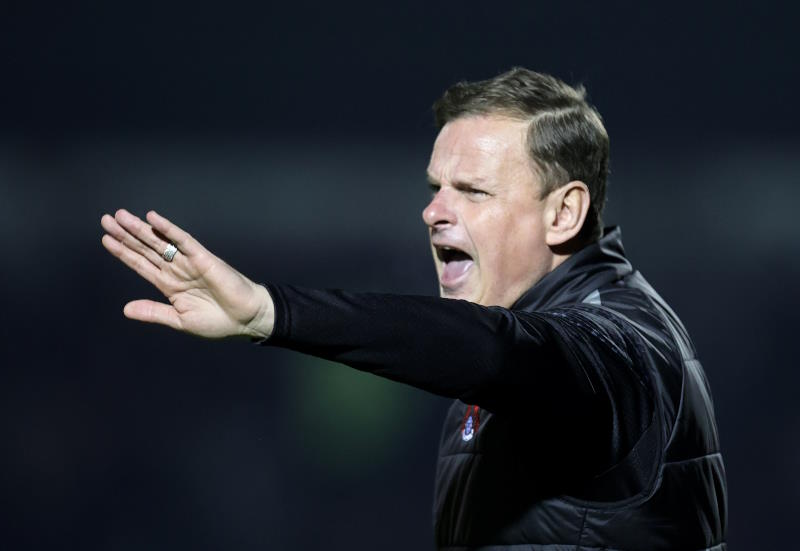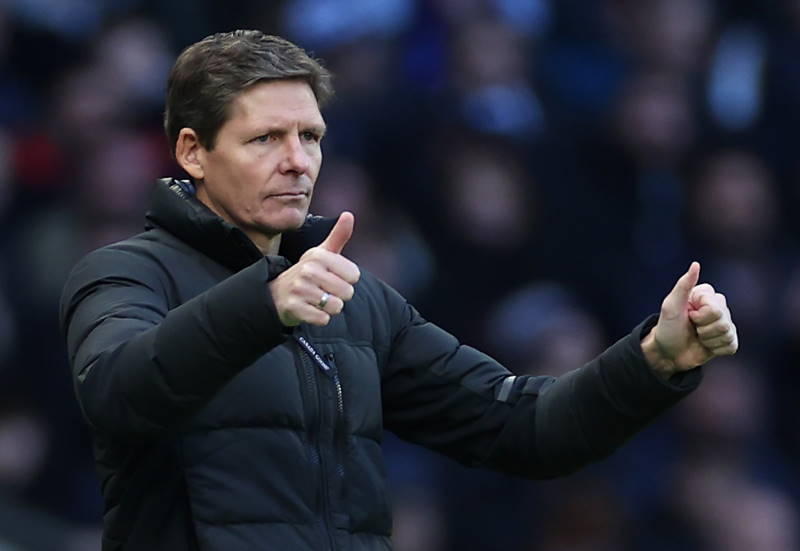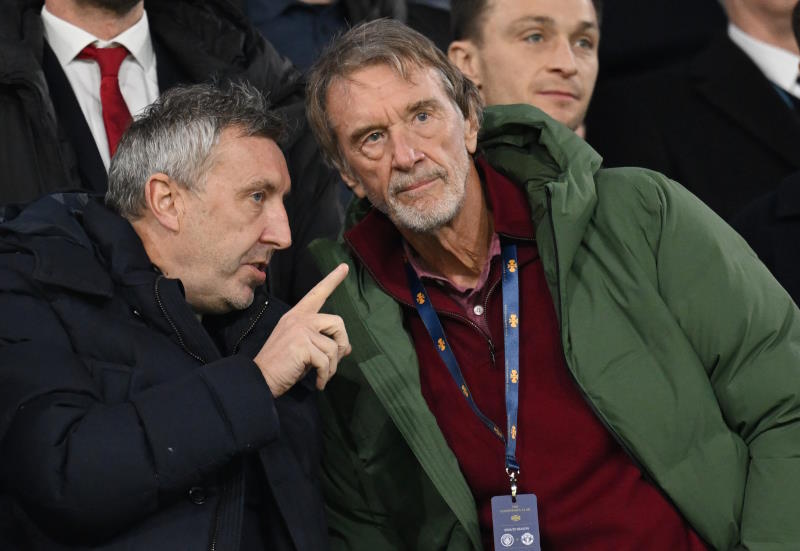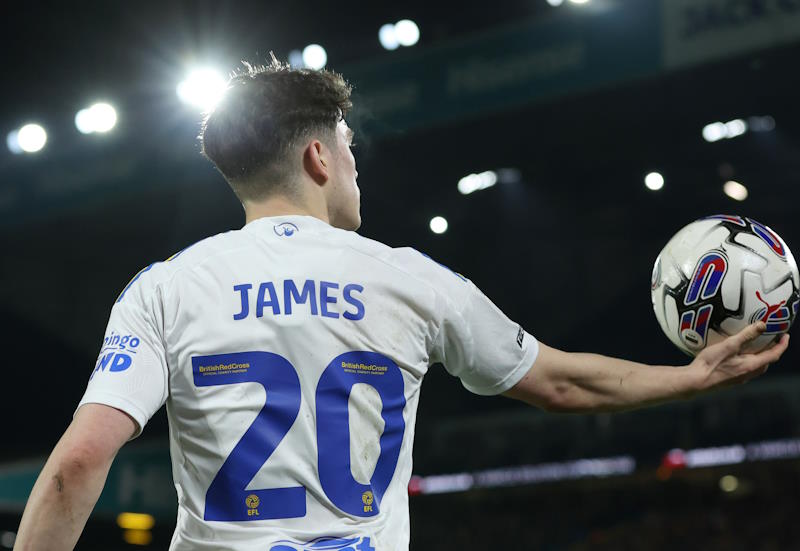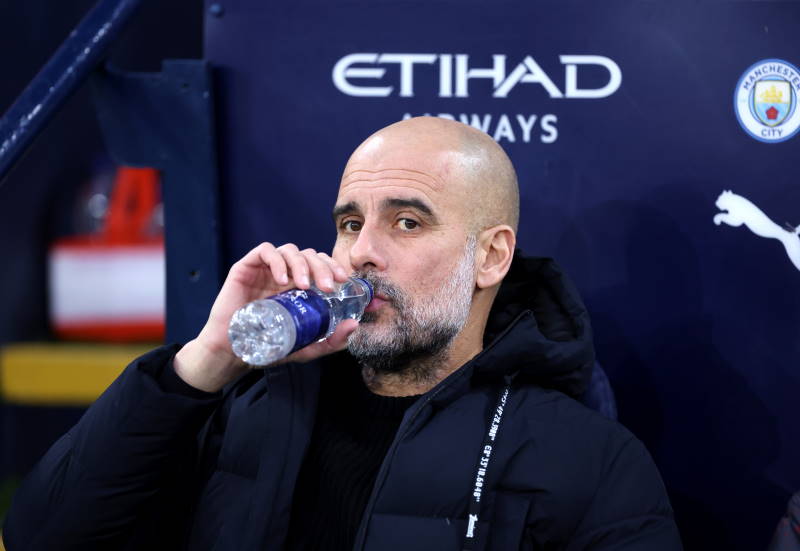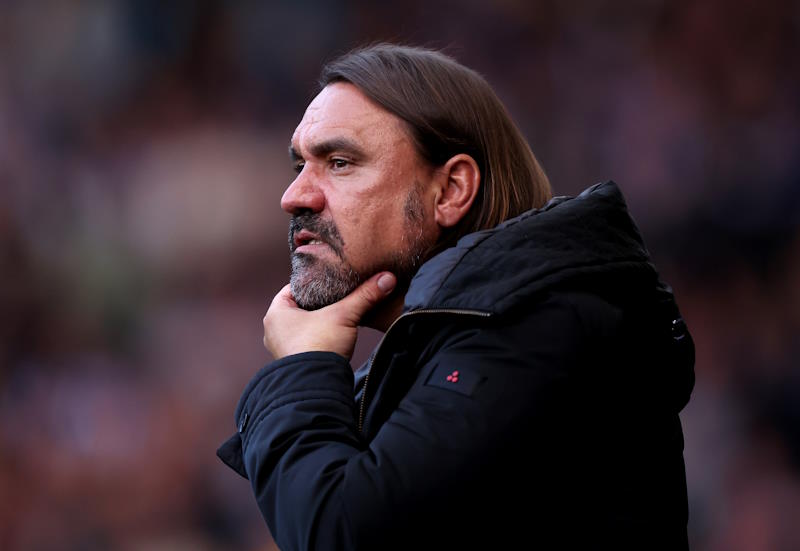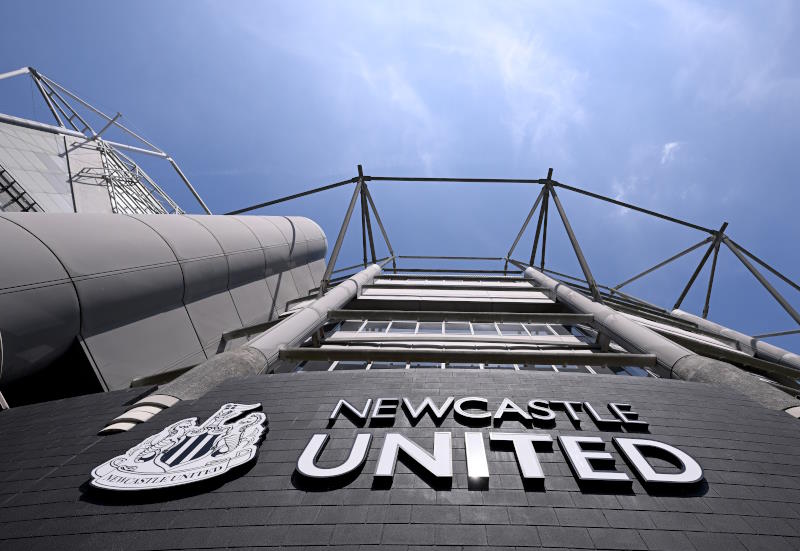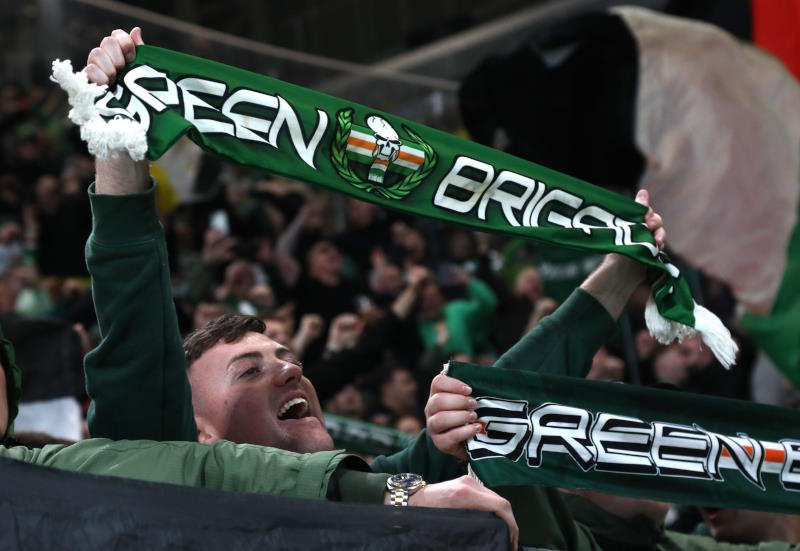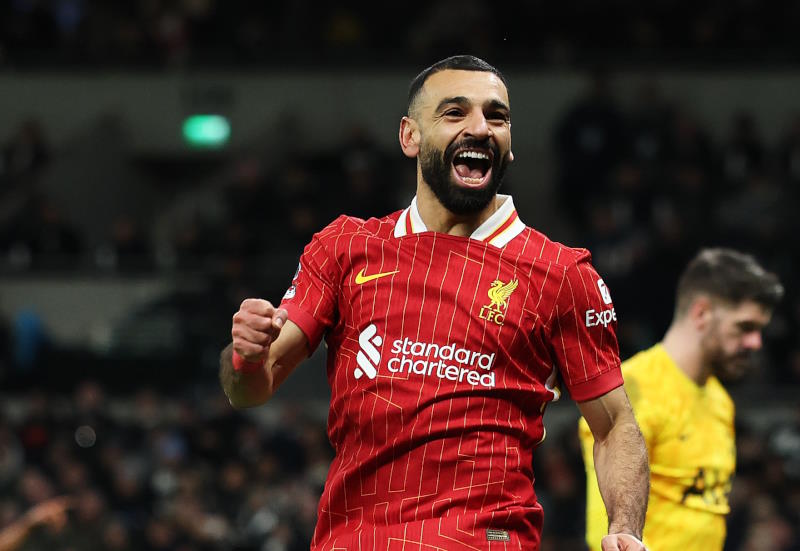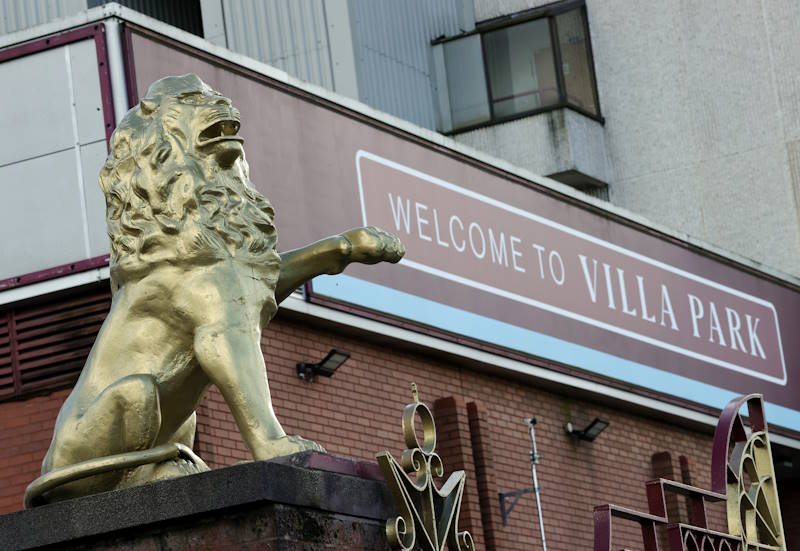
According to those in the know, Cesc Fabregas, Arsenal captain, playmaker and legend-in-the-making, has requested to be allowed to return to his first club, the Spanish champions Barcelona, a favourite of both purists and pundits alike. However, unlike most players agitating for moves elsewhere, this is more than a transfer between clubs.
Obviously, no case needs to be made for why Fabregas should feel the desire to return to his native Catalonia: whereas Arsenal haven’t won a trophy for five seasons, Barcelona have won a second consecutive league title to add to last season’s record breaking treble; while Arsene Wenger works wonders under considerable financial limits, Pep Guardiola has just agreed the signing of David Villa, arguably the most lethal goalscorer in world football; and if footballing reasons weren’t enough, the emotional pull of the Camp Nou is a satisfactory level of justification. The more The Gunners have misfired and shot blanks in the last five years, and the more successful the Barça juggernaut has become, the more this move looked like an inevitable outcome.
There would be two factors that could possibly persuade Fabregas to stay at Arsenal, and were probably the main reasons, other than his admiration for both his manager and his adopted club, for staying at the Emirates. One would be that Arsenal do look in better shape than a couple of years back, and with Wenger intimating that he will finally remedy the positions that have long held them back – buying a Premier League quality keeper, replacing the temperamental and injury-prone William Gallas at centre-back and signing a tough midfield enforcer – there would be enough of an impression that the long-awaited improvements could come sooner rather than later. The other worry would be that Fabregas would find the same situation at Barcelona as he has for Spain, namely that the intuitive pairing of Xavi and Andres Iniesta in the middle of the pitch would see the 23-year-old confined to the bench, further harming his international security.
The first point is easily dismissed, as although it does seem Arsenal will indeed add steel at the back to ballast the silk up front, Fabregas has waited long enough for such additions to come, and so is entitled to leave now after having paid his dues in dragging his side as close to the title as he could. If anything, the €40-50M his sale will net would greatly boost the club’s transfer budget, especially in the face of competition from Manchester City and other ambitious and moneyed clubs, and with the likes of Andrei Arshavin, Samir Nasri, Tomas Rosicky and Aaron Ramsey (when he returns from injury) to supply Robin van Persie and new-boy Marouane Chamakh, his loss, while detracting from the side going forward, can be sufficiently coped with, as it was for large parts of this season. Perversely, Arsenal may thus reap rewards from the sale of their best player.
The latter point on his potential difficulty in fitting in with Barça’s starting XI, especially with Villa another addition to an already top-heavy squad, can also be argued against. Firstly, Fabregas has learnt to be a more rounded player at Arsenal, not only in standing up to rough challenges, but in getting stuck in, so even if he was deployed in a midfield three with Xavi and Iniesta, he would not be a formality to dribble past; in any case, Xavi would be the more likely of the three to play deeper, picking the ball up from defence to prompt the attacks, as his lower goalscoring rate indicates. Iniesta also suffers his fair share of injuries – he is currently battling to make Spain’s World Cup final 23 due to problems that kept him out of the season’s last months – so even if Fabregas began on the bench he would at some point surely receive the chance of a long run in the first team, particularly considering the squad-based nature of the game.
If there was the need for a holding midfield player like Sergio Busquets or Yaya Touré, then there is a series of options that can include Fabregas starting with his national colleagues; either Iniesta can play out wide up front, he could join Lionel Messi in an advanced position behind the frontline striker, or Barça could adopt a narrow 4-4-2 formation, possibly in a diamond like Carlo Ancelotti’s Milan used to great effect. In other words, there are enough opportunities for Fabregas to figure prominently in what looks like another trophy-laden season to come at Barcelona, so much so that if he performs well in tandem with Xavi and Iniesta – alongside up to five more potential Spanish starters in Gerard Pique, Carles Puyol, Villa, Bojan and Pedro – then he could in fact enhance his international prospects immeasurably, casting aside any fears that the three maestros would lead to a soft centre at the heart of Spain’s liquid football.
Essentially, it is patently in Fabregas’ best interests to leave Arsenal and return home.
Though Wenger and The Gunners fans will miss their shining light of the last few years, leaving well before his prime (as opposed to Patrick Vieira or Thierry Henry, who left as they began to wane), the length, loyalty and quality of his service surely means he has earned the right to depart with the fans’ best wishes.
In turning down offers from Manchester City and Real Madrid, Fabregas proved he is no mere mercenary and not only respected, but reciprocated the love from the Emirates paying public. He will go to a team with the best playmakers in the world, to feed one striker who has scored over 100 league goals in five years for an erratic and middling side, and another who smashed in 47 goals in all competitions last year. He goes from long shot to odds-on favourite in an instant, and surely no-one can begrudge him that. He goes from a listing ship fighting off marauding pirates to what is, as they say, more than a club.

